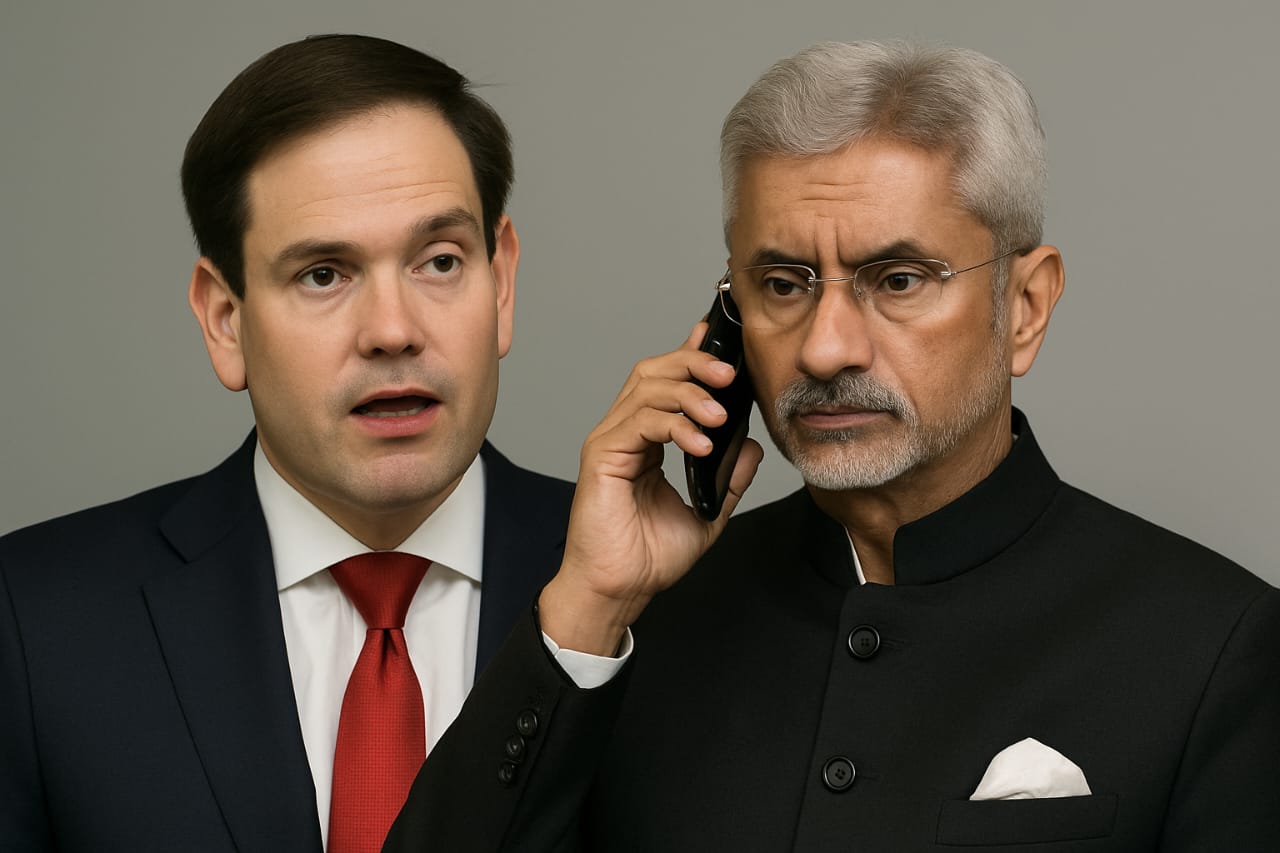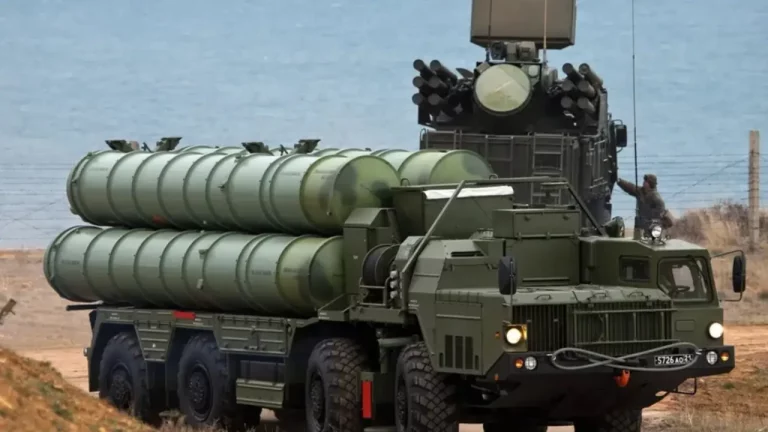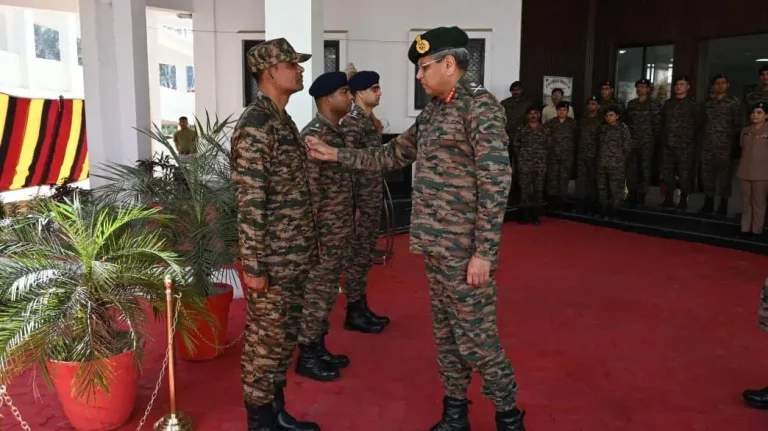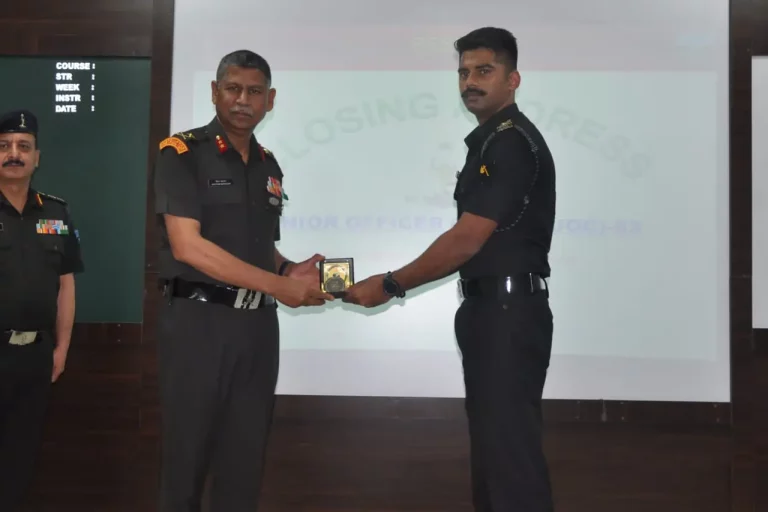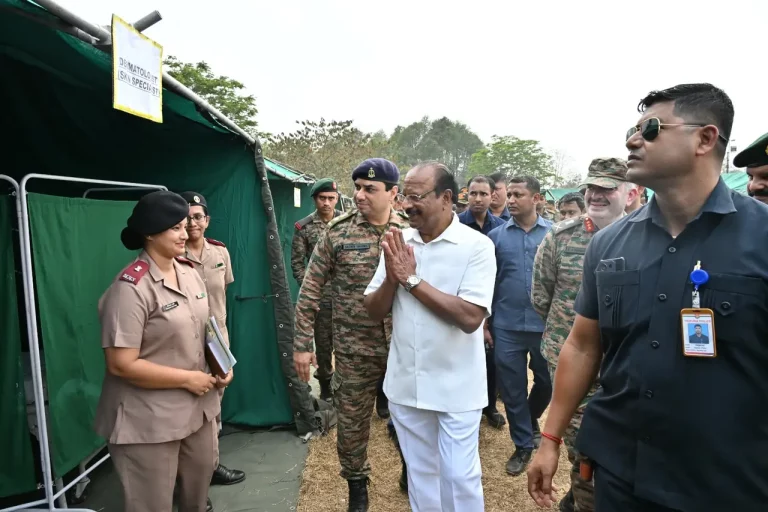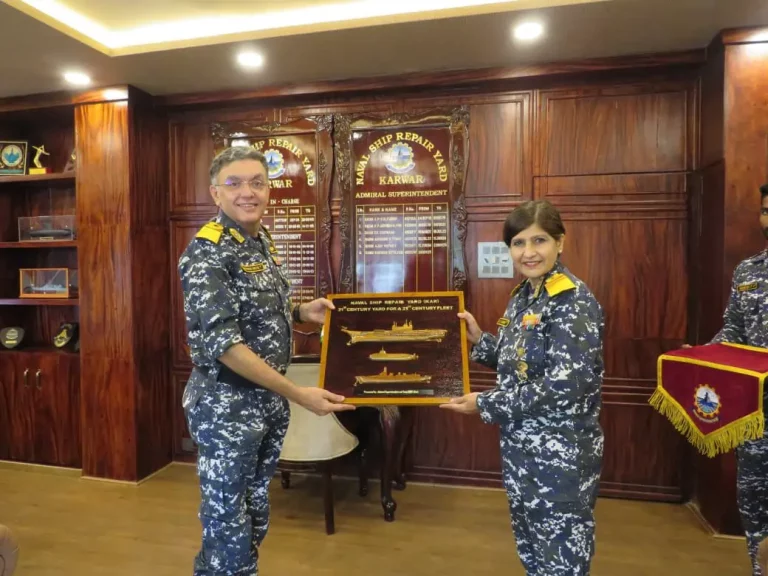U.S. Secretary of State Marco Rubio has expressed profound condolences to India following the devastating terrorist attack in Pahalgam, Jammu and Kashmir, on April 22, which resulted in the deaths of 26 people, predominantly tourists. In a recent telephone conversation with Indian External Affairs Minister Dr. S. Jaishankar, Rubio condemned the “horrific” act and reaffirmed the United States’ commitment to bolstering bilateral counterterrorism cooperation.
According to U.S. State Department spokesperson Tammy Bruce, Rubio also urged both India and Pakistan to exercise restraint and engage in efforts to de-escalate tensions, thereby maintaining stability in South Asia. The brutal assault in Pahalgam has rekindled long-standing hostilities between the two nuclear-armed nations, with Indian officials attributing the incident to “cross-border terrorism” and suggesting Pakistani involvement—a claim that Islamabad has emphatically denied.
This attack, among the deadliest in the region in recent years, specifically targeted a group of vacationers in one of Kashmir’s most picturesque destinations. Indian intelligence agencies have indicated potential links to militant groups operating from across the border, intensifying the already fraught relations between New Delhi and Islamabad.
The partnership between the U.S. and India in counterterrorism, regarded as a fundamental aspect of their strategic alliance, was underscored during the call. Rubio emphasized the significance of ongoing collaborative efforts, comprising intelligence sharing, capacity building, and joint counterterrorism initiatives, to combat the growing threat posed by regional militancy.
The international community has also reacted with alarm. The United Nations Security Council condemned the attack, although diplomatic sources revealed attempts by Pakistan and China to dilute the resolution, highlighting enduring geopolitical divisions. In response, India has reaffirmed its zero-tolerance stance on terrorism and is actively engaging with UNSC members to advocate for stronger measures against terror financing and cross-border militancy.
The Kashmir dispute, a lingering issue from the 1947 partition of British India, continues to be a pivotal factor in Indo-Pakistani relations, having incited numerous conflicts over the decades. With the recent violence raising concerns of further escalation, the U.S. has reiterated calls for dialogue. Rubio’s outreach is indicative of Washington’s longstanding position of encouraging diplomatic engagement to avert broader conflict in this volatile region.
As global focus remains intensely directed towards South Asia, diplomatic initiatives are underway to prevent further deterioration and promote a peaceful resolution to the persistent Kashmir conflict.
